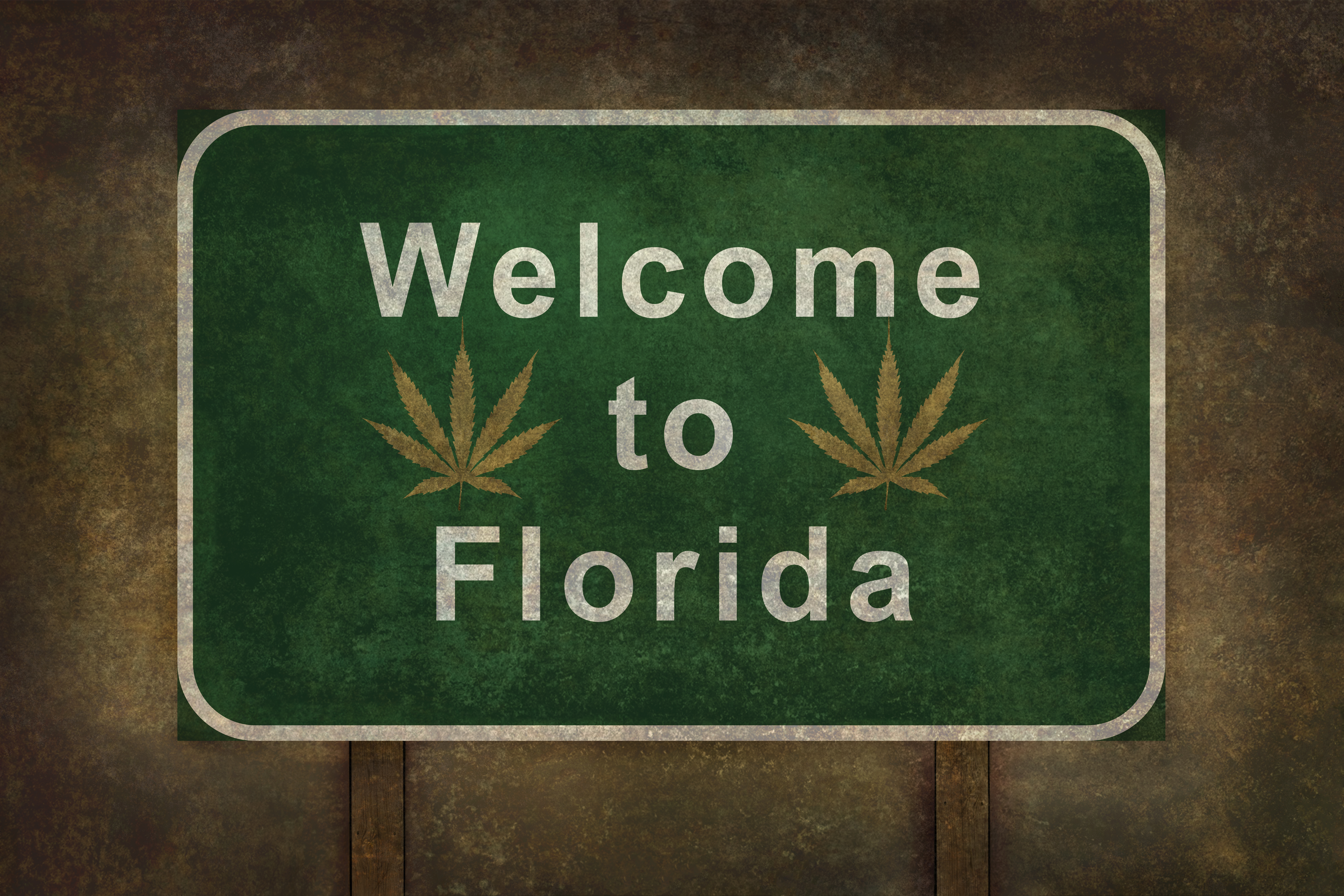Florida to Vote on Cannabis Legalization in November
In a pivotal moment for cannabis legalization advocates, Florida is set to vote on the legalization of recreational marijuana in the upcoming November elections. The Sunshine State, known for its vibrant culture and diverse population, has long been a focal point in the nationwide debate surrounding cannabis reform. With the ballot initiative looming, Floridians find themselves at the forefront of a critical decision that could have far-reaching implications for the state and beyond.

Current Cannabis Landscape in Florida
Since 2016, medical marijuana has been legal in Florida for patients with qualifying conditions, following the passage of Amendment 2. This marked a significant step forward in the state’s approach to cannabis, providing relief for individuals suffering from chronic pain, epilepsy, and other debilitating ailments. However, recreational use has remained prohibited, leaving many to navigate a complex patchwork of regulations and restrictions.
The Push for Legalization
Proponents of cannabis legalization in Florida argue that it would bring numerous benefits to the state. Beyond the potential economic boon from taxation and job creation, advocates emphasize the importance of criminal justice reform, citing disproportionate enforcement of marijuana laws on minority communities. Additionally, legalization could foster a safer and more regulated market, reducing the prevalence of illicit activity and ensuring product quality and safety standards.
Opposition and Concerns in Florida
Despite growing support for cannabis reform, opposition to legalization remains prevalent in certain quarters. Critics raise concerns about potential negative effects on public health and safety, including increased instances of impaired driving and underage consumption. Additionally, some fear that commercialization could lead to the proliferation of “big marijuana” corporations, echoing criticisms of the alcohol and tobacco industries.
Impact on Florida Communities
One of the key points of contention surrounding cannabis legalization is its potential impact on communities, particularly those disproportionately affected by the war on drugs. Advocates argue that legalization presents an opportunity to redress past injustices by expunging criminal records and reinvesting tax revenue into programs aimed at supporting affected communities. However, others caution that the benefits of legalization may not be evenly distributed, with marginalized communities potentially facing continued barriers to participation in the burgeoning industry.
Regulatory Framework for Florida Cannabis
If the ballot initiative passes, Florida will join a growing number of states that have legalized recreational marijuana. However, the specifics of the regulatory framework will be crucial in determining the success and sustainability of the industry. Issues such as licensing, taxation, and social equity provisions will require careful consideration to strike a balance between promoting a thriving market and addressing social and public health concerns.
Florida’s Cannabis Future
As the November elections draw near, all eyes are on Florida as voters prepare to cast their ballots on the issue of cannabis legalization. Regardless of the outcome, the debate surrounding this contentious issue is unlikely to dissipate anytime soon. Whether Florida chooses to embrace legalization or maintain the status quo, the decision will undoubtedly shape the trajectory of cannabis policy not only within the state but also across the nation.
The upcoming vote on cannabis legalization in Florida represents a significant moment in the ongoing push for reform. With the potential to impact everything from criminal justice to public health and the economy, the outcome of this ballot initiative will reverberate far beyond the borders of the Sunshine State. As Floridians weigh the pros and cons of legalization, they find themselves at the forefront of a pivotal decision that could shape the future of cannabis policy for years to come.
